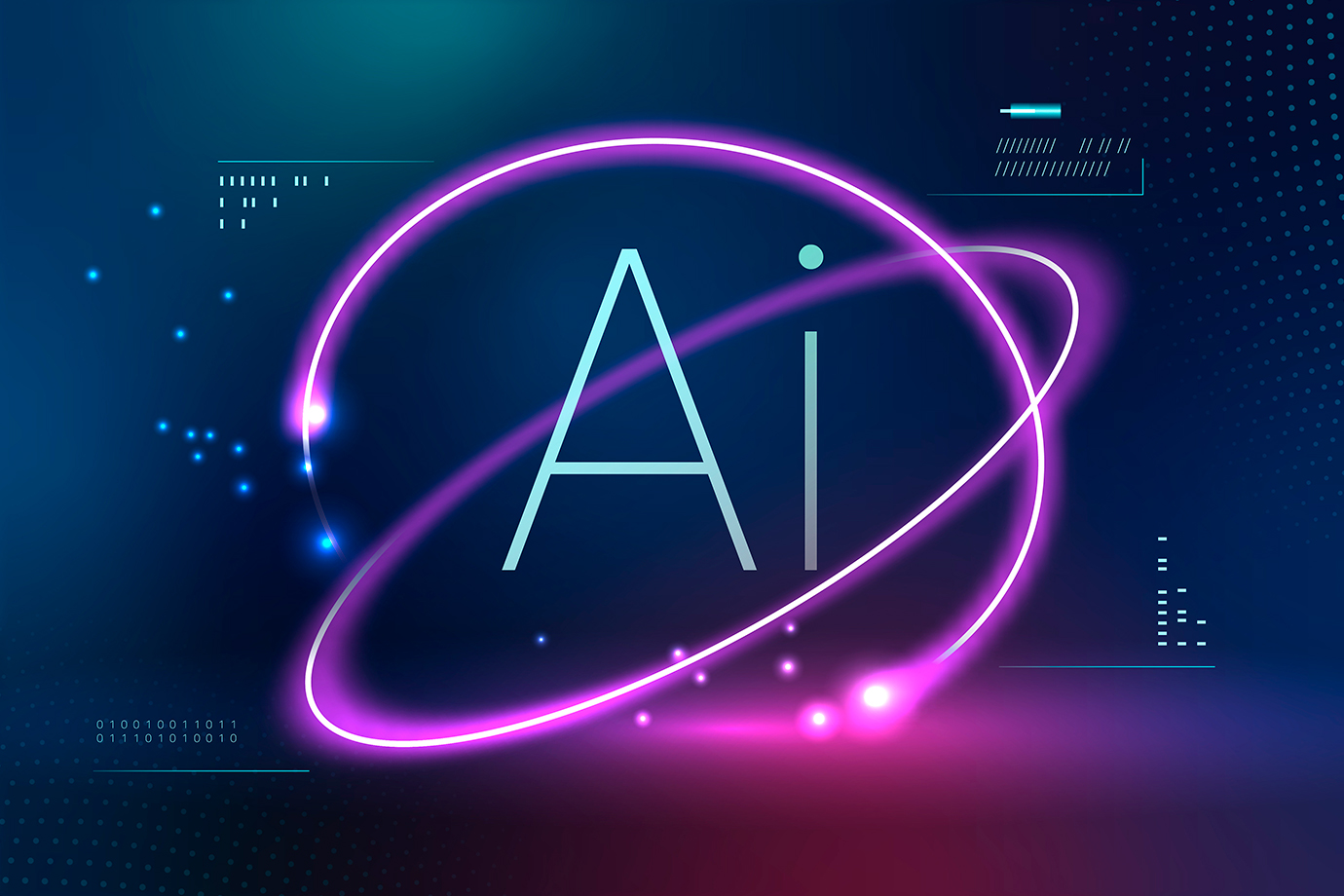Is AI the Future of Software Development

22 May 2025
A key component of contemporary technology, artificial intelligence (AI) is revolutionizing both our personal and professional lives. But the issue still stands: will AI play a role in software development in the future? AI is a serious question in the tech industry since it is already included in everyday products, platforms, and even decision-making procedures.
It's a genuine question. I mean, AI isn't a fiction anymore; it's integrated into our day-to-day tools, platforms, and even into decision-making. You debug code, create APIs, write unit tests, and there's probably an AI tool that can assist you. But how much of this is possible? Are we arriving at a future where software developers are being replaced, or will AI just enhance our abilities?
The Rise of AI in Development
From the start, software development has always been an extremely human-centric profession. Programmers don't simply code- they craft systems, implement business solutions, and turn ideas into reality. But with the advent of advanced AI platforms such as OpenAI's GPT models, GitHub Copilot, and Google's Gemini, that's changing.
These tools can now write code, debug, create tests, translate from one language to another, and even optimize for performance, all in seconds. And they learn quickly.
Some of these are examples of how AI is being used in software development today:
- Acts like a pair programmer, providing context-aware code suggestions in real time.
- Provides intelligent code completion for a variety of programming languages, trained on millions of code samples.
- Especially useful in AWS environments, this tool helps with code generation, security scanning, and integrations.
They are actively improving workflows and accelerating development cycles.
What AI Does Well
Let’s break down where AI excels in the software development process:
1. Increased Productivity
AI automates mundane tasks, generating boilerplate code, suggesting syntax, and even documenting functions. This allows developers to spend more time on high-level problem-solving and architectural design.
2. Error Reduction
By analyzing vast datasets of open-source code, AI can spot common bugs and vulnerabilities. It reduces runtime errors and security vulnerabilities by serving as an intelligent, automated code reviewer.
3. Learning and Support
For junior developers or those transitioning between languages, AI offers a personalized learning environment. Need a quick explanation of a function? Want help writing a test case? AI tools can break down code in plain English, making development more accessible.
4. Rapid Prototyping
Startups and product teams can use AI to turn concepts into prototypes rapidly. Rather than spending weeks building a minimum viable product (MVP), AI tools can support backend logic, UI components, and APIs in hours, sometimes minutes.
What AI Can’t (Yet) Replace
Despite all this progress, AI is not a silver bullet. It still falls short in several critical areas:
1. Contextual Understanding
AI doesn’t truly understand the why behind your code. It lacks awareness of your business model, user personas, or long-term vision. It can suggest ( what works ) but not always ( what's best ) for your specific context.
2. Creativity and Innovation
AI is great at remixing existing patterns, but genuine innovation still comes from people. Creative solutions to new problems require an understanding of tone, empathy, and abstract thinking, skills AI hasn't mastered.
3. Ethical and Strategic Judgment
Should you prioritize privacy over performance? What are the long-term consequences of a data model? These aren’t questions AI can answer responsibly. Ethical, social, and strategic decision-making remains a human responsibility.
Will AI Replace Developers?
In short: No.
AI is unlikely to replace software developers in the foreseeable future. What we’re witnessing is the evolution of the developer’s role, not its extinction. The profession is shifting from “pure coder” to AI-augmented problem solver.
Developers who adapt will find themselves working faster, smarter, and more creatively. They’ll spend less time on syntax and more on systems design, product thinking, and innovation.
Think of AI as a powerful assistant, handling the repetitive parts of development while you focus on what truly matters.
The Future: Augmented Development
The road ahead points to a model of augmented development. In this future, AI will be integrated into every phase of the software development lifecycle:
- AI will help interpret natural language requests into technical specs.
- Developers will write prompts instead of functions, with AI generating the underlying logic.
- AI will generate, run, and interpret unit and integration tests automatically.
- From automated deployments to intelligent incident response, AI will streamline the entire pipeline.
This doesn’t mean the role of developers will disappear, it means they’ll need to develop new skills. Communication, system architecture, ethical reasoning, and creativity will become more important than ever.
Final Thoughts
AI isn't going to steal your job; it's going to alter the way your job is performed.
The best developers won’t be the ones who write the most code, but the ones who ask smart questions about what users need, what the data shows, and how AI can help. They’ll build smarter systems and use AI tools in the best way possible.
Every new technology brings both opportunities and challenges. Those who learn and adapt will stay ahead.
Will AI be used in software development in the future? Indeed. However. It will not replace software development. Instead, it will catalyze a more advanced, clever, collaborative, and efficient approach to software development.
If you are a programmer, now is the moment to understand how to collaborate with AI, not in competition with it. Those who adapt will be leading the charge for the next wave of innovation.
At NanoByte Technologies, we think the future of software is not human or machine, it's human and machine. We employ AI not to displace developers, but to boost them. Whether developing leading-edge solutions or finding new means of innovating, NanoByte is dedicated to a future in which technology serves creativity, not vice versa.

.jpeg)


.jpg)
